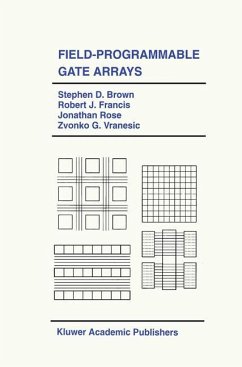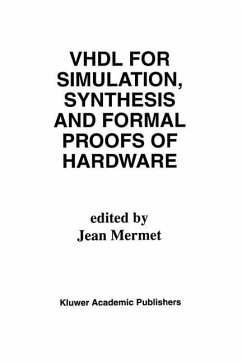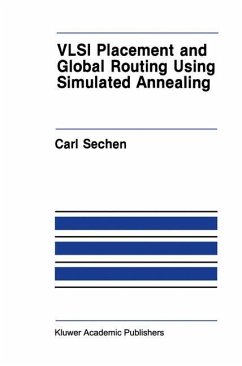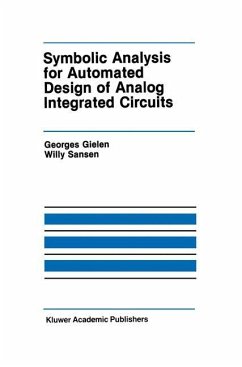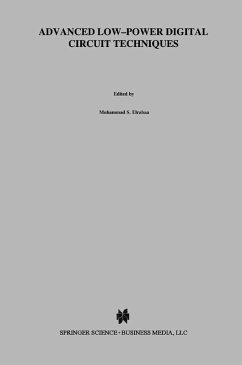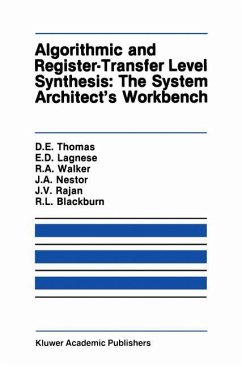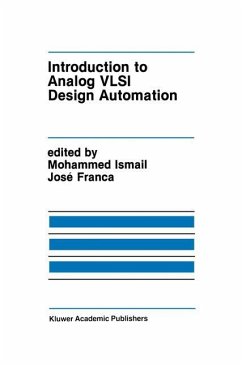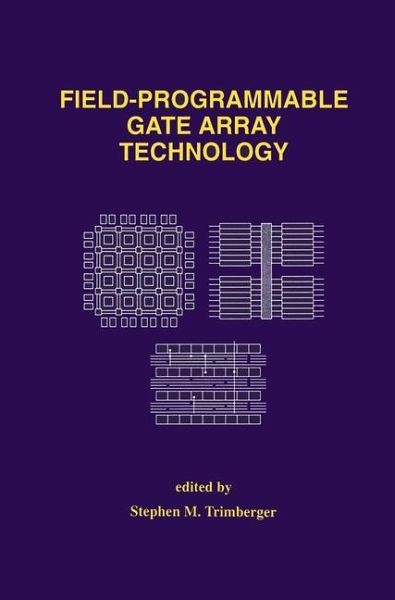
Field-Programmable Gate Array Technology

PAYBACK Punkte
57 °P sammeln!
Many different kinds of FPGAs exist, with different programming technologies, different architectures and different software. Field-Programmable Gate Array Technology describes the major FPGA architectures available today, covering the three programming technologies that are in use and the major architectures built on those programming technologies. The reader is introduced to concepts relevant to the entire field of FPGAs using popular devices as examples. Field-Programmable Gate Array Technology includes discussions of FPGA integrated circuit manufacturing, circuit design and logic design. ...
Many different kinds of FPGAs exist, with different programming technologies, different architectures and different software. Field-Programmable Gate Array Technology describes the major FPGA architectures available today, covering the three programming technologies that are in use and the major architectures built on those programming technologies. The reader is introduced to concepts relevant to the entire field of FPGAs using popular devices as examples.
Field-Programmable Gate Array Technology includes discussions of FPGA integrated circuit manufacturing, circuit design and logic design. It describes the way logic and interconnect are implemented in various kinds of FPGAs. It covers particular problems with design for FPGAs and future possibilities for new architectures and software. This book compares CAD for FPGAs with CAD for traditional gate arrays. It describes algorithms for placement, routing and optimization of FPGAs.
Field-Programmable Gate Array Technology describes all aspects of FPGA design and development. For this reason, it covers a significant amount of material. Each section is clearly explained to readers who are assumed to have general technical expertise in digital design and design tools. Potential developers of FPGAs will benefit primarily from the FPGA architecture and software discussion. Electronics systems designers and ASIC users will find a background to different types of FPGAs and applications of their use.
Field-Programmable Gate Array Technology includes discussions of FPGA integrated circuit manufacturing, circuit design and logic design. It describes the way logic and interconnect are implemented in various kinds of FPGAs. It covers particular problems with design for FPGAs and future possibilities for new architectures and software. This book compares CAD for FPGAs with CAD for traditional gate arrays. It describes algorithms for placement, routing and optimization of FPGAs.
Field-Programmable Gate Array Technology describes all aspects of FPGA design and development. For this reason, it covers a significant amount of material. Each section is clearly explained to readers who are assumed to have general technical expertise in digital design and design tools. Potential developers of FPGAs will benefit primarily from the FPGA architecture and software discussion. Electronics systems designers and ASIC users will find a background to different types of FPGAs and applications of their use.





